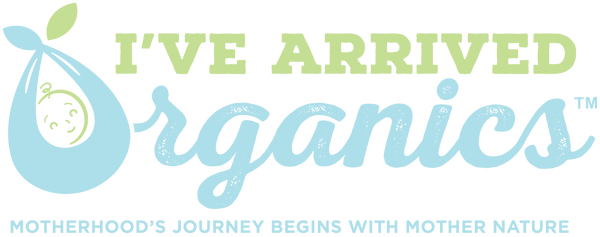Why Organic Cotton
Organic cotton is grown in a way that uses methods and materials that lessen the impact on our environment. An important difference with organic growing systems is that they replenish and maintain soil fertility and build biologically diverse agriculture. Organic cotton uses far less water too.
Unfortunately, today, less than one percent of all cotton grown is organic.
- Conventionally grown cotton uses more insecticides than any other crop in the world. It is estimated that each year cotton producers use as much as 25 percent of the world's insecticides and more than 10 percent of the world's pesticides; an incredible amount for one just one crop.
- These chemicals can be deadly. Such pesticides poison farmers all over the world. Factory workers too have to breathe in their fumes during the manufacturing process. According to the World Health Organization up to 20,000 deaths each year are caused by pesticide poisoning in developing countries. Here in the US alone, more than 10,000 farmers die each year from cancers related to such chemicals.
- These chemicals seep into run-off water after heavy rains, poisoning lakes, rivers and waterways. Pesticide residue has been increasingly discovered in foods, farm animals and even breast milk. Not only are these carcinogens responsible for thousands of cases cancer in adults, they are particularly harmful to young children who can develop debilitating neurodevelopmental effects.
- We even feel the harmful effects of non-organic cottons and fabrics in our daily lives. Irritated skin, rashes and even headaches and dizziness can be caused by the chemical residue trapped in the threads.
